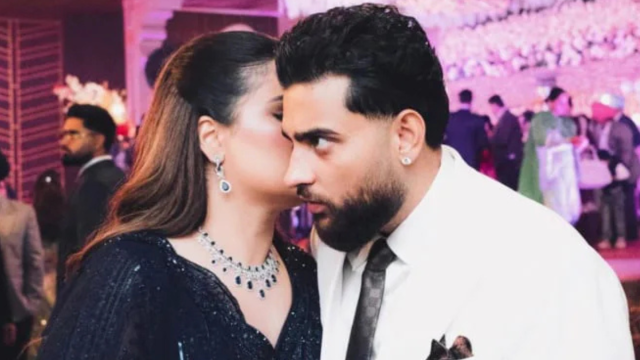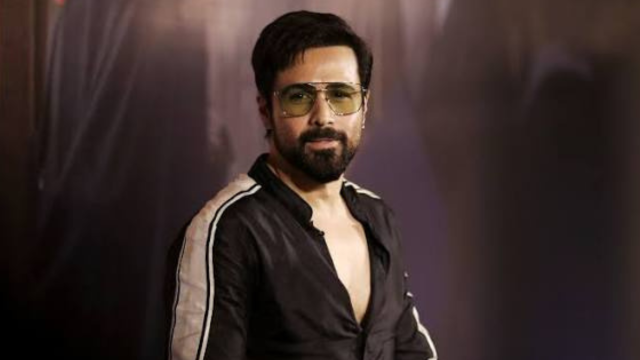The case of Luigi Mangione, accused of killing UnitedHealthcare CEO Brian Thompson, has garnered an unexpected level of public support, with many seeing him as a hero rather than a criminal. Supporters have raised money for his defense, while his appearance has garnered attention, with some focusing more on his good looks than the serious nature of the charges against him.
The case took an even stranger turn when TikTok users began to draw connections between Mangione’s alleged actions and historical events. A video from the Paris 2024 Olympics opening ceremony resurfaced, showing a depiction of Marie Antoinette holding her head during a performance by the metal band Gojira. At first, the connection between an 18th-century French aristocrat and the murder of a modern U.S. healthcare CEO seems tenuous, but many commentators saw a parallel between the wealth inequality that sparked the French Revolution and the current situation in the U.S.
In revolutionary France, the top 1% held around 60% of the country’s wealth. In the U.S. today, the wealth disparity is also stark, with the top 1% controlling around 30% of the country’s wealth. This wealth gap, along with the U.S.’s for-profit healthcare system, has led to widespread frustration among many Americans, especially those who feel that the elite are flaunting their wealth while denying necessary healthcare to the public.
Many TikTok users found the timing of the video’s resurfacing interesting, particularly after Thompson’s death, with some commenting on the algorithm’s possible role in amplifying the video. While the suggestion that France is showing approval for the events in the U.S. is unlikely, it’s clear that the reappearance of the clip struck a chord with many. Some even speculated that TikTok might be subtly manipulating content to align with broader political goals.
The parallels between the French Revolution and modern America—especially regarding wealth inequality and social unrest—are undeniable. Mangione’s alleged act and the manifesto he was reportedly found with seem to resonate with the nation’s frustrations. Given his family’s connections to the healthcare industry, the case has taken on a larger symbolic significance, sparking a widespread public debate on the state of American society and its deeply entrenched inequalities. As the case continues to unfold, it’s clear that Mangione’s story is striking a nerve, becoming a reflection of larger societal tensions.



